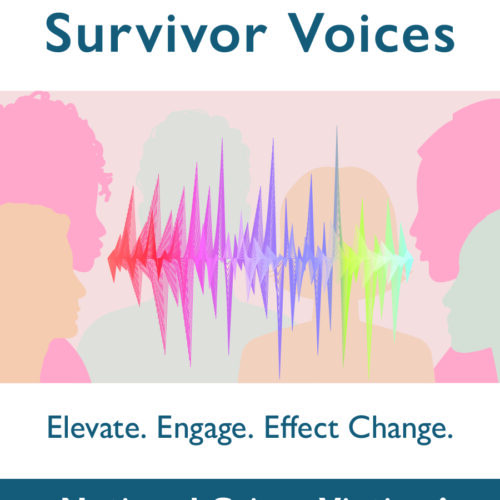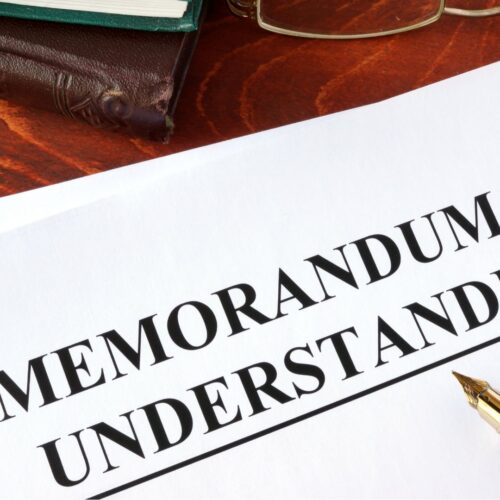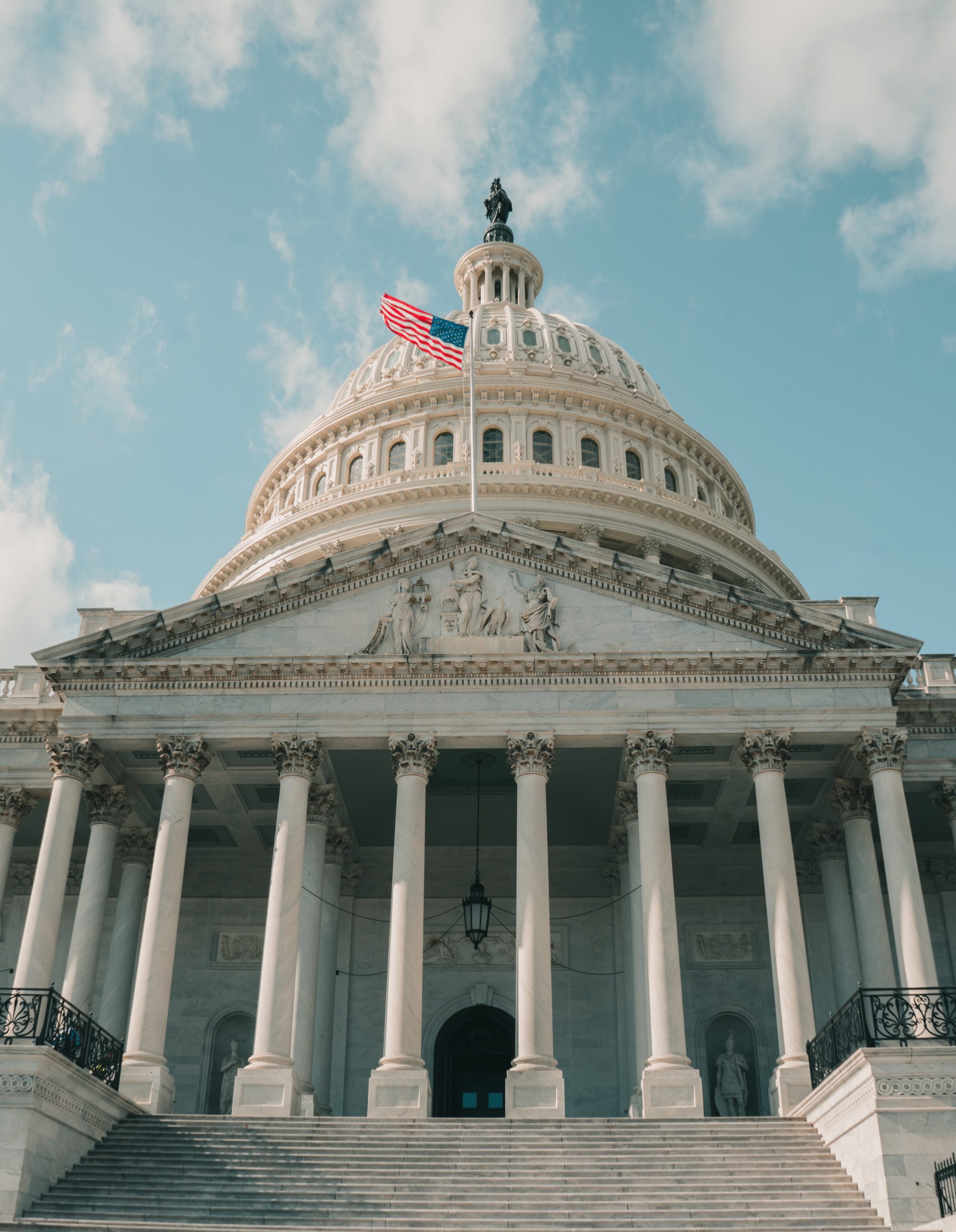
Reflecting on Our Commitment to Racial Equity in the Criminal Justice System during Black History Month
At The Council of State Governments (CSG) Justice Center, we are committed to advancing racial equity through our work with states and local communities. Across the U.S., our staff supports efforts to dismantle racial inequities within the justice system by providing rigorous research and analysis that illuminate where and why racial disparities appear. We also help stakeholders navigate the important, yet sometimes uncomfortable, issues these data reveal.
Taking a national view, we have long known that people of color, and particularly Black Americans, experience inequalities in both the criminal justice and behavioral health systems in the U.S. To give just a few examples, a 2021 Sentencing Project study found that Black Americans are incarcerated in state prisons at nearly 5 times the rate of White Americans. And in 2020 alone, Black adults comprised about one-third of adults on probation and parole, even though they make up less than 15 percent of the U.S. population. We also know that many people of color in the U.S. experience worse health outcomes than White Americans, including less access to mental health and substance use treatment and services. Much of this is due to structural inequities and racism within our health and behavioral health systems.
These racial disparities have many causes, including policies that support inequity; implicit or explicit bias of decision-makers at various points in the system; and structural disadvantages in many communities of color related to employment, housing, and behavioral health services. The consequences of justice system involvement can persist long after a person’s system involvement has ended. Many formerly incarcerated individuals struggle to access jobs, housing, and needed treatment due to the legal and regulatory barriers imposed upon people who have criminal records and the stigma they face. It’s not just the people who become involved in the system who are affected by it—the impacts of the overrepresentation of people of color in the justice system have been deep and wide-ranging. The disproportionate imprisonment of Black men, in particular, has disrupted entire communities.
Our country has a responsibility to reckon with the legacy and impact of racism in our justice system, not just during Black History Month, but every day. The progress I’ve seen during my tenure as CSG Justice Center director these past four years gives me hope. State and local leaders have come to us asking tough questions and seeking detailed data to shine a light on current challenges and inform decisions about how to dismantle racial inequities. Our staff is partnering with state and local leaders across the country to ensure that our commitment to racial equity is woven into the very fabric of the work we do.
Just within the last year, we’ve partnered with policymakers in Connecticut and Sonoma County, California, to advance policy recommendations that would address racial and ethnic disparities in their juvenile justice systems; collaborated with Montana’s judicial branch to conduct a data analysis of racial disparities in its justice system; provided recommendations to reduce racial disparities in sentencing in Vermont; and worked with jurisdictions across the country to help stand up community responder programs to address certain types of emergency calls for service. Many of these programs—like New Jersey’s Salvation and Social Justice—thoughtfully and intentionally center the experiences of communities of color in their design.
While I am clear-eyed about the significant challenges and problems we face, I am also encouraged by the work I see being done. I am excited and honored to take time this month to highlight our work to make the justice and behavioral health systems more equitable.
©Marcos Bais via Pexels
Author

More Resources and Information

U.S. Department of Transportation grant funds can help states address racial profiling…
Read More
Racial and ethnic disparities persist throughout the juvenile justice continuum, particularly when…
Read More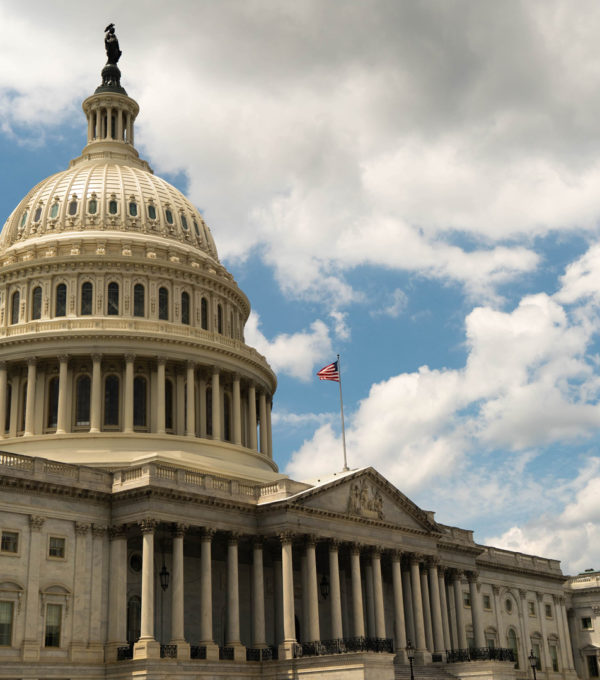
“Injustice anywhere is a threat to justice everywhere. We are caught in…
Read More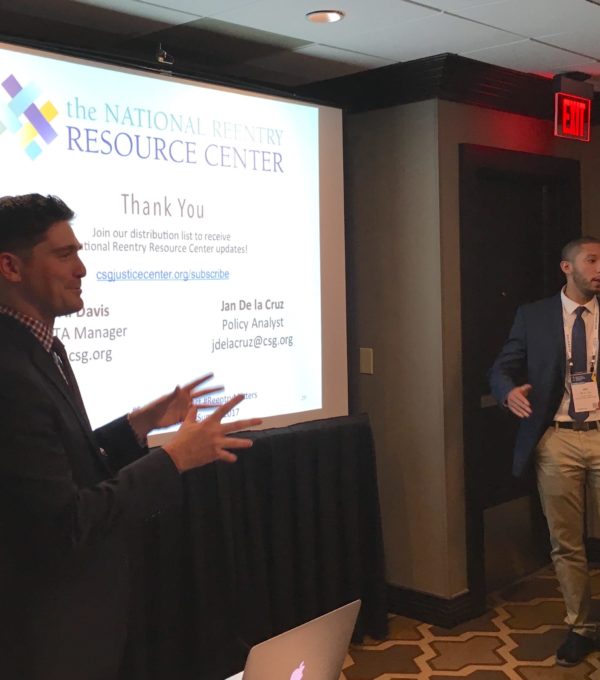
Held in Washington, DC, in early February, the National Mentoring Summit featured…
Read More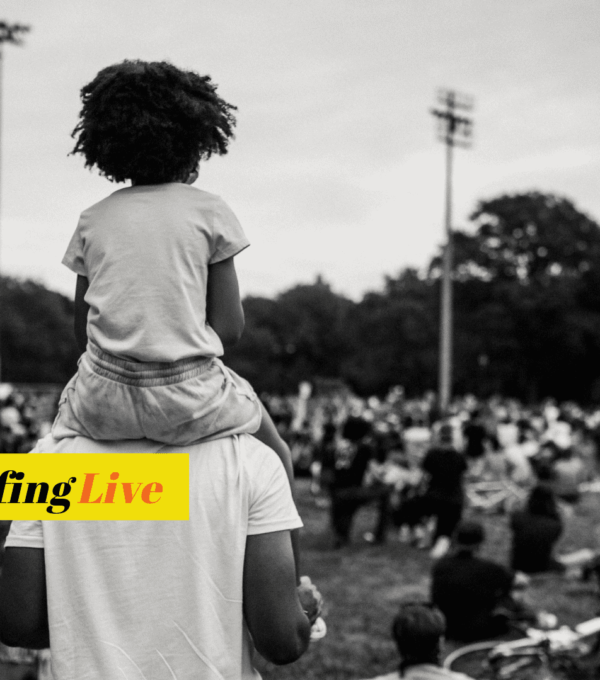
This conversation aims to provide important historical context about the relationship between…
Read More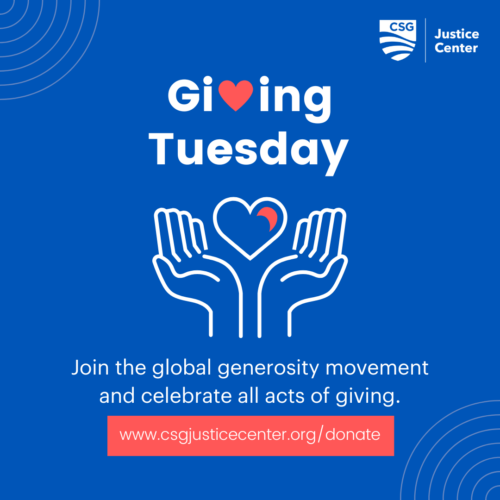 This Giving Tuesday, Help Us Break the Cycle of Incarceration, Uphold Justice, and Offer Second Chances
Read More
This Giving Tuesday, Help Us Break the Cycle of Incarceration, Uphold Justice, and Offer Second Chances
Read More
 Vermont Executive Working Group Hears Recommendations on How to Improve Domestic Violence Responses
Read More
Vermont Executive Working Group Hears Recommendations on How to Improve Domestic Violence Responses
Read More
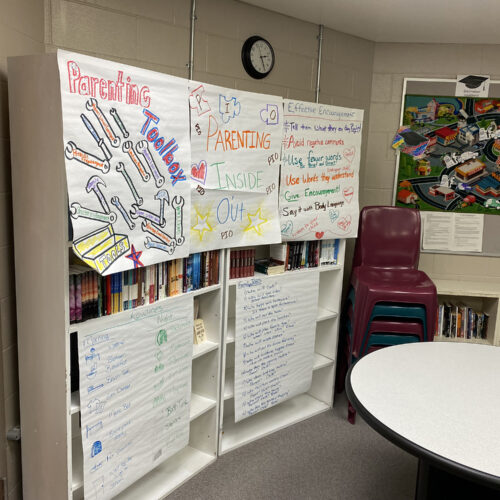 Minnesota Department of Health Leads Cross-County Collaboration to Support Families Impacted by Incarceration
Minnesota Department of Health Leads Cross-County Collaboration to Support Families Impacted by Incarceration
s one of the first points of contact in the criminal justice system, sheriff’s offices and their correctional facilities are key players in addressing the immediate needs of families impacted by incarceration and promoting family connections. For jails to meet the needs of families in the community, coordinating across county lines and learning from peers are essential. However, jail systems are often siloed, and collaboration between jails in different counties is rare. In Minnesota, the state department of health stepped in to address this gap.
Read More










